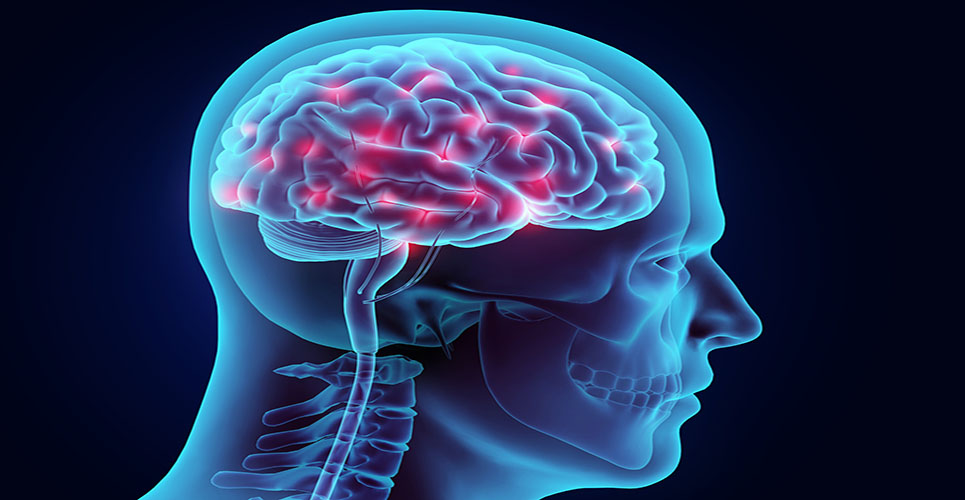teaser
The way Alzheimer’s triggers memory loss could be the key to developing new targeted therapies for the disease, it has been revealed.
Researchers in Ireland and America conducted experiments using brain material from dead patients to show how a tiny protein building block disrupts communication between nerve cells.
The findings provide the starting block for developing more effective drugs for the devastating degenerative disease, which affects more than 400,000 people in the UK.
Alzheimer’s is known to be associated with deposits of a protein called amyloid-beta that build up in the brain, but precisely how the protein is linked to the disease and its associated progressive memory loss and mental confusion remains a mystery.
The new research, reported in the latest issue of the journal Nature Medicine, involved extracting amyloid-beta material from dead Alzheimer’s patients and injecting it into the brains of mice and rats. The scientists were able to identify an amyloid-beta sub-unit which was found to interfere with the transmission of signals at synapses, the junction points where nerve cells “talk” to each other, thus creating memory.
“Our findings support the emerging concept that the effects of amyloid-beta in Alzheimer’s disease initially centre on subtly altered synapse function,” the researchers concluded.
Copyright © PA Business 2008

